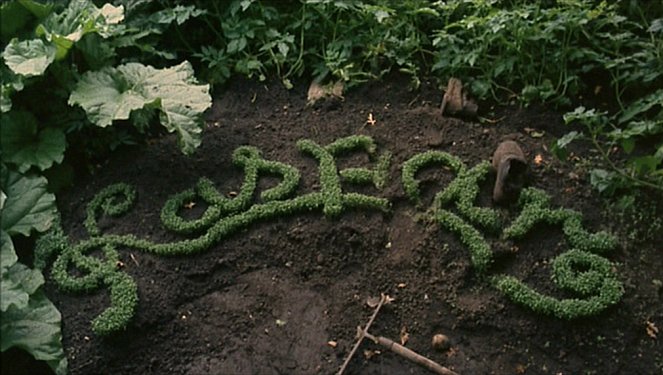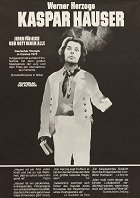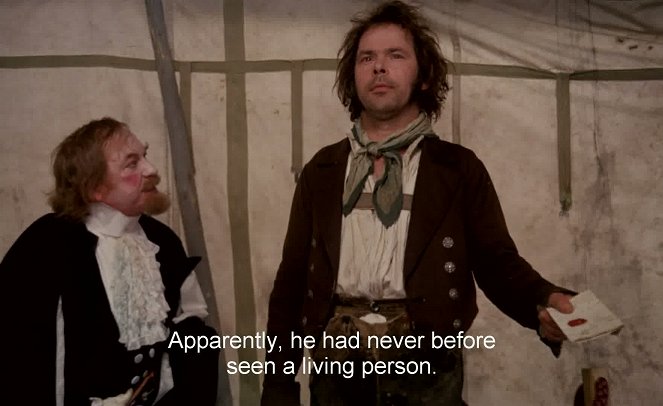Directed by:
Werner HerzogScreenplay:
Werner HerzogCinematography:
Jörg Schmidt-ReitweinCast:
Bruno S., Walter Ladengast, Brigitte Mira, Herbert Achternbusch, Reinhard Hauff, Enno Patalas, Helmut Döring, Clemens Scheitz, Kidlat Tahimik, Henry van Lyck (more)VOD (1)
Plots(1)
One of Herzog's most beloved films is based upon the true mysterious story of Kaspar Hauser, a young man who suddenly appeared in Nuremberg in 1828, barely able to talk or walk, and bearing a strange note. He later managed to explain that he’d been held captive in a dungeon of some sort for his entire life, and only after decades was he released, for reasons still unknown. His benefactor attempts to integrate him into society with extremely intriguing results. (Cinéma du Parc)
(more)Videos (1)
Reviews (1)
This film would not work as a psychological sociological study (which Herzog certainly did not try to do) because who would believe that a person who was supposed to be tied up in a basement until the age of 16 would not learn to walk, speak, and think within a few years... (for example, Truffaut's The Wild Child (1970) or Mockingbird Don't Sing (2001) in relation to this topic). However, similarities between human life in general can be traced in the film, although it is quite paradoxical considering the very individual fate of Kaspar Hauser. Indeed, we are all thrown into our lives by someone without our contribution, without our choice, and without knowledge. Society then tells everyone how to perceive and explain the world around them, and it tries to adapt each person to its own image so that they correspond to its "protocol" (Kaspar is born for society only when he appears in the middle of Nuremberg square, or when he is brought to the house of the officer, and from that moment until the end, the protocol of his life is created). And just as he was thrown defenselessly into the world, he is just as insidiously, gratuitously, and arbitrarily thrown out of it by the same person.
()
Gallery (33)
Photo © New Yorker Films


